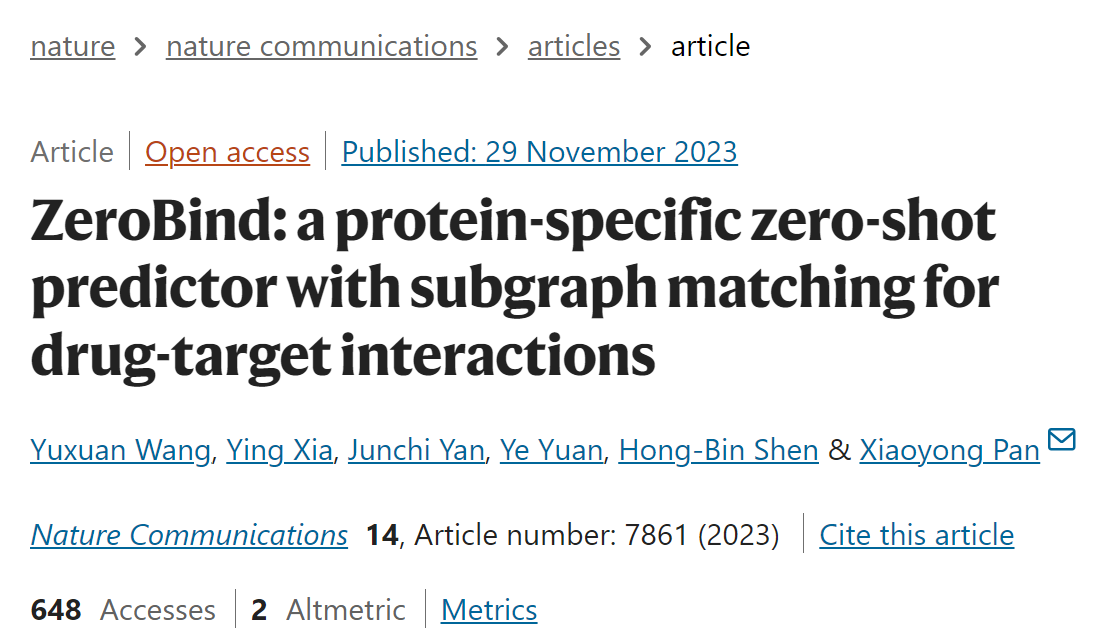- Home
- About Us
- Students
- Academics
-
Faculty
- Electrical Engineering
- Automation
- Computer Science & Engineering
- Electronic Engineering
- Instrument Science and Engineering
- Micro-Nano Electronics
- School of Software
- Academy of Information Technology and Electrical Engineering
- School of Cyber Security
- Electrical and Electronic Experimental Teaching Center
- Center for Advanced Electronic Materials and Devices
- Cooperative Medianet Innovation Center
- Alumni
-
Positions
-
Forum
News
- · Shanghai Jiao Tong University professors Lian Yong and Wang Guoxing's team have made remarkable progress in the field of high-efficiency pulse neural network accelerator chips.
- · AI + Urban Science research by AI Institute was selected as cover story in Nature Computational Science!
- · The first time in Asia! IPADS's Microkernel Operating System Research Wins the Best Paper Award at SOSP 2023
- · Delegation from the Institution of Engineering and Technology Visits the School of Electronic Information and Electrical Engineering for Journal Collaboration
- · Associate professor Liangjun Lu and research fellow Jiangbing Du from Shanghai Jiao Tong University made important advancements on large capacity and low power consumption data transmission
Pan Xiaoyong and team has recently published the latest research findings on zero-shot prediction of drug-target interactions in Nature Communications
Recently, Associate Professor Pan Xiaoyong's team from the Department of Automation, School of Electronic Information and Electrical Engineering, Shanghai Jiao Tong University, published their latest research in "Nature Communications" titled "ZeroBind: A protein-specific zero-shot predictor with subgraph matching for drug-target interactions." This research addresses challenges in predicting drug-target protein interactions, especially in scenarios involving poor performance with new drugs and proteins. The team proposes a novel approach that utilizes meta-learning and weak supervision with specific proteins as units to model subgraph information bottlenecks. This method outperforms existing approaches in zero-shot and few-shot scenarios, enabling weakly supervised prediction of drug-binding pockets in target proteins.

Background
Identifying drug-target interactions plays a crucial role in pharmaceutical research and development. Utilizing methods such as computer-aided drug design, biophysical experiments, and high-throughput screening to identify interactions between drugs and targets helps in screening compounds or drug candidates with potential therapeutic effects. This accelerates the discovery and development of new drugs, reducing research and development costs. Ultimately, it speeds up the implementation of treatment strategies and improves the quality of life for patients.
Traditional experimental methods for identifying drug-target interactions, such as analyzing crystal structures, are expensive and time-consuming. Computational methods, particularly machine learning, offer a more cost-effective and efficient way to pre-screen candidate drugs based on protein and drug features before experimental testing. This approach takes advantage of the rapid developments in machine learning, providing a quicker and more economical means of identifying potential drug-target interactions.
Innovative results:
The paper introduces ZeroBind, a protein-specific meta-learning framework with subgraph matching capabilities for predicting drug-target interactions, particularly focusing on the zero-shot learning scenario for new drugs and proteins. It leverages meta-learning to enhance generalization, trains specific protein models to capture unique drug-binding patterns, and employs model-agnostic optimal subgraph learning using weak supervision principles. Experiments on multiple test sets demonstrate ZeroBind's effectiveness in overcoming limitations of existing methods, with consistent alignment between learned optimal subgraphs and real protein binding pockets. Validation on drug-novel coronavirus protein targets further confirms ZeroBind's reliability.


The protein-specific meta-learning framework, ZeroBind.
The information of the journal:
Nature Communications is a scientific journal launched by the Nature Publishing Group in 2010, and it undergoes peer review. The journal spans multiple disciplines, including physics, chemistry, biology, medicine, and earth sciences.
The information of the paper:

Shanghai Jiao Tong University is the first affiliated institution, with Wang Yuxuan, a master's student from the School of Electronic Information and Electrical Engineering, as the first author of the paper. Associate Professor Pan Xiaoyong from the same department is the corresponding author. Other co-authors include doctoral student Xia Ying, Professor Yan Junchi, Associate Professor Yuan Ye, and Professor Shen Hongbin. This research was supported by grants from the National Natural Science Foundation of China and the Ministry of Science and Technology.
Link:
https://www.nature.com/articles/s41467-023-43597-1
-
Students
-
Faculty/Staff
-
Alumni
-
Vistors
-
Quick Links
